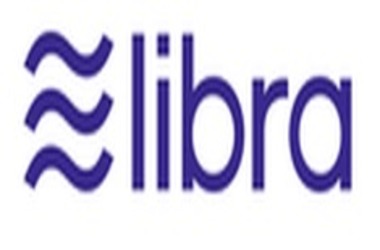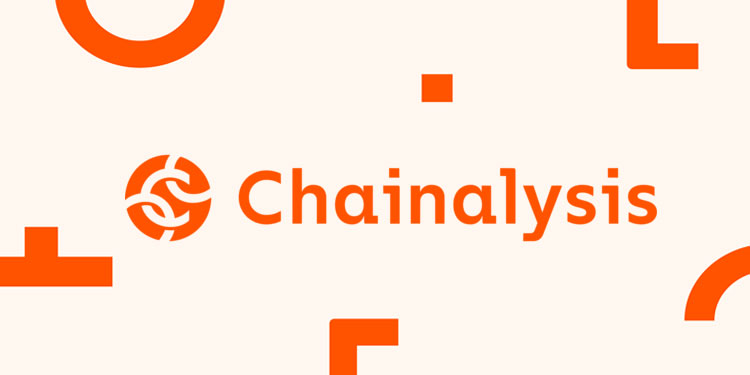 Libra Association, the governing body of the namesake stablecoin planned to be introduced by Facebook, has created a new committee to steer the technical work.
Libra Association, the governing body of the namesake stablecoin planned to be introduced by Facebook, has created a new committee to steer the technical work.
In this regard, the Libra Association has voted to set up the five-member Technical Steering Committee which consists of top specialists from multiple organizations in the financial technology and blockchain sector.
The committee is made up of Calibra core product lead George Cabrera III, Anchorage co-founder Diogo Monica, Union Square Ventures partner Nick Grossman, Bison Trails CEO and founder Joe Lallouz, and Mercy Corps director of emerging technology Ric Shreves.
By monitoring the technicalities underlying the Libra network’s creation, the committee will create the technical roadmap for the Libra ecosystem, establish working groups to give precedence to chosen ways of study, lead the creation of a codebase, and promote active interaction between the Libra community.
The statement asserts that the development of a distinct committee is in accordance with the Libra venture’s objective of turning into a decentralized and self-governing “independent of any one organization’s control.” The committee states that it will release its rules related to technical governance and other appropriate records by the end of first quarter of this year.
Facebook’s statement about Libra stablecoin and payment ecosystem, in addition to Calibra wallet in 2019, made ripples in the crypto and tech communities.
Immediately, worldwide, it became an important subject for scrutiny among regulators and legislators as the social media giant does have a blot in its history of managing data and user information in particular.
Last summer, at a hearing before the US Congress, Calibra head David Marcus guaranteed legislators that Facebook would not have any control over the financial records of Libra users.
Additionally, Marcus guaranteed that all information related to Libra will be held separately from data related to its social media platform.
Brad Garlinghouse, CEO of Ripple, which created the cryptocurrency XRP, opined that it is highly unlikely Libra will receive regulatory clearance before 2023. He further stated that the stable coin’s launch would have not faced any hiccups if the venture was headed by an organization other than Facebook.
Without a doubt, regulators have been involved in tedious discussions to determine the way to classify new asset.
Last November, regulators in the US rolled out a law that would oversee the coin under securities rules.
After the bill was tabled, the Libra Association silently amended the white paper of the stable coin, with the major change being the termination of dividends that will be paid to early investors.
The amendment avoids likely contradictory interests between the Libra Association members and final users of the currency, but could respond to worries that Libra could be categorized as a security.








